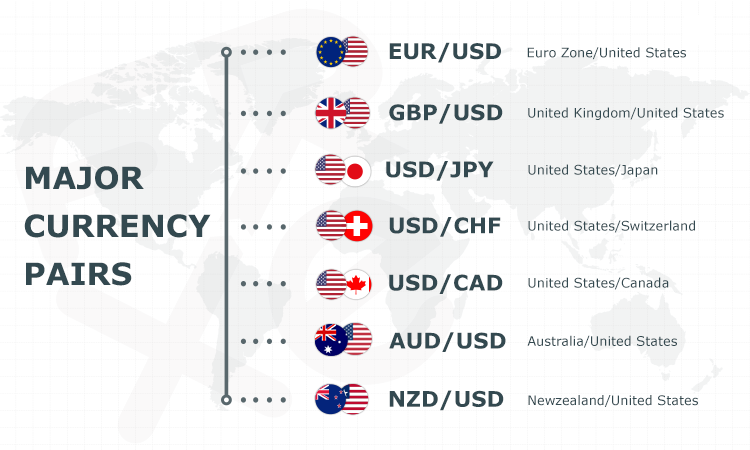Introduction:
In the dynamic realm of the foreign exchange (forex) market, understanding the intricacies of accounting methods is paramount for traders seeking profitability and success. One foundational concept in this regard is the cash basis accounting method, which plays a crucial role in determining when transactions are recognized and how they impact financial statements. This article delves into the essence of cash basis accounting, its significance in forex trading, and its advantages and disadvantages, empowering traders with the knowledge to navigate the complexities of forex accounting and make informed financial decisions.
Defining Cash Basis Accounting:
Cash basis accounting, also known as the cash receipts and disbursements method, is a straightforward accounting method that records transactions only when cash is received or disbursed. Under this method, revenue is recognized when cash is received, regardless of when the goods or services were provided. Similarly, expenses are recorded when cash is paid, irrespective of when the goods or services were consumed.
Significance in Forex Trading:
In the forex market, where trades involve the exchange of currencies, cash basis accounting offers several advantages. Firstly, it simplifies accounting processes by eliminating the need to track accounts receivable and accounts payable. Traders only need to record transactions when cash is exchanged, reducing the administrative burden and allowing for efficient record-keeping.
Furthermore, cash basis accounting aligns with the short-term nature of most forex trades. Since forex traders typically hold positions for a limited duration, typically closing them within the same day or week, the cash basis method provides real-time visibility into their financial position. This real-time visibility enables traders to make informed decisions based on the actual cash flow, minimizing the impact of potential fluctuations in the value of open positions.

Image: www.forex.academy
Advantages of Cash Basis Accounting:
– **Simplicity:** As mentioned earlier, cash basis accounting is simple to implement and manage compared to other accounting methods. Its straightforward nature allows even novice traders to maintain accurate financial records.
– **Efficiency:** By eliminating the need to track non-cash items like accounts receivable and accounts payable, cash basis accounting streamlines the accounting process, saving traders time and resources.
– **Transparency:** Transactions are recorded only when cash changes hands, providing a clear and transparent view of the trader’s financial position at any given time.
– **Accuracy:** Cash basis accounting minimizes the risk of errors, as transactions are recorded based on actual cash flow, rather than on estimates or projections.
Disadvantages of Cash Basis Accounting:
– **Limited Financial Performance Analysis:** The lack of information about outstanding accounts receivable and accounts payable can limit the ability of traders to fully analyze their financial performance and make strategic decisions.
– **Potential for Income Manipulation:** Traders may have incentives to time their transactions to minimize tax liabilities or present a more favorable financial position.
– **Discrepancies with Accrual Basis Accounting:** Cash basis accounting can lead to timing differences and discrepancies when compared to accrual basis accounting, which is the standard method used in most financial reporting frameworks.

Image: doughvest.com
What Does Cash Basis Mean In Forex Narket
Conclusion:
Cash basis accounting offers a simplified and efficient approach to accounting for traders in the forex market. Its straightforward nature and alignment with short-term trading strategies make it an advantageous choice for many traders. By thoroughly understanding the benefits and limitations of cash basis accounting, traders can make informed decisions about its adoption and utilize it as a valuable tool for managing their financial affairs in the dynamic forex market.






